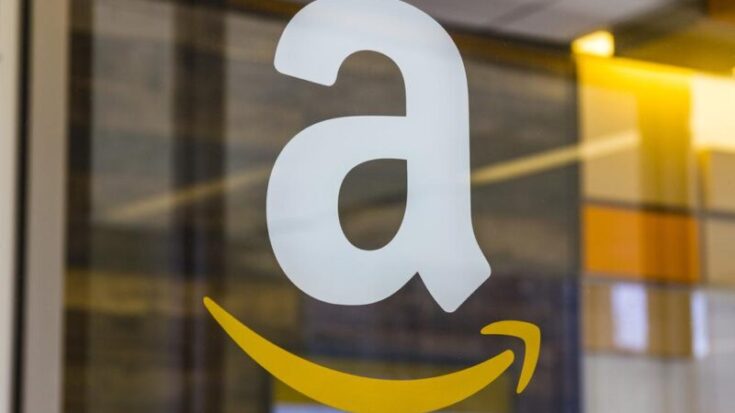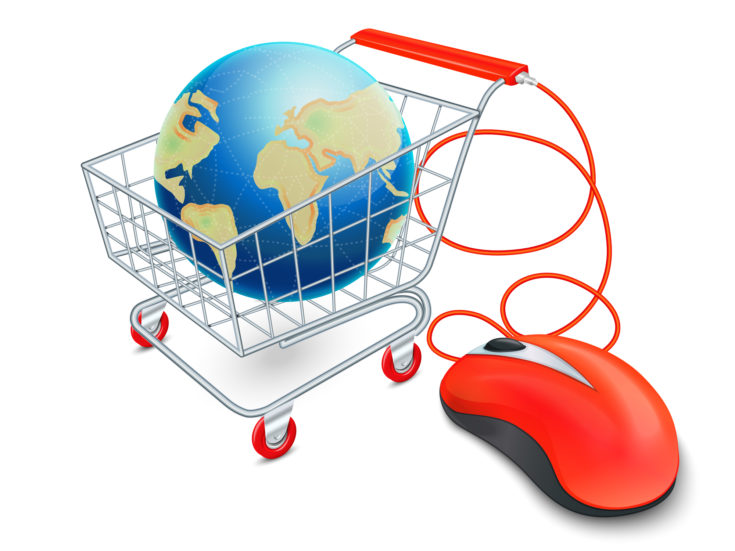Disclosure: This post may contain affiliate links, meaning we get a commission if you decide to make a purchase through our links, at no cost to you. Please read our disclosure for more info.
Last Updated on May 7, 2022 by Work In My Pajamas
Amazon is everywhere and its hunger for growth is relentless. In fact, “Relentless” was one of the names Jeff Bezos considered—and registered—when he started the company,
Seriously. You will be redirected to Amazon when you type Relentless.com into a browser.
Go ahead, copy and paste it—we’ll wait.
Thought we were joking, didn’t you?
We weren’t and neither are they.

So, when it comes to competing with Amazon, rather than hating, you might be better off participating. Now, with that said, there are some very real pros and cons of partnering with Amazon.
Read this out before you decide.
Pros
- Beating them is going to be very difficult, so you might be better off joining them. With more than 100 million Amazon Prime members having paid $99 each to join, the loyalty of the customer base is undeniable. Further, more than half of all product searches start on Amazon.
- You’ll get access to all of those customers, which could improve your brand visibility, as well as a shot at converting them into buyers.
- Getting started with Amazon is easier than setting up your own website, even if you’re selling ebooks online with a template from a provider like Shopify. But even if you do have your own site already (and you should), it’s a also good way to draw traffic to it.
- If you have a unique product line with a good profit margin, you’ll see success.
- Logistics are greatly simplified. Fulfillment by Amazon has 70 fulfillment centers with over 90,000 employees strategically placed around the country.
- International expansion is easy too. Amazon is a global platform, configured to deal in many different languages and a broad variety of currencies. If you’re considering dipping your toes in the ocean, Amazon can be a great way to see what offshore demand for your goods will be.
Cons
- If you start doing too well, Amazon will sell your goods too—for less. As unfair as it might seem, you’re in their store, so you’re subject to their rules. And, if they see they can make more profit by competing directly with you, they will.
- You’ll give them a cut of every sale you make. So you have to ensure your margin will support you and them.
- There’s no guarantee shoppers will even know they bought from you—let alone become a customer loyal to you. In fact, as far as most customers know—or care— they bought from Amazon and that’s where they’ll go the next time they’re shopping.
- You can get hooked. Let’s say your product is so unique it can’t be knocked off, but people have become so used to finding it on Amazon very little traffic is accruing to your store. If you want to keep getting paid, you have to keep Amazon in the loop.
- You’re on your own for customer service. And, if you don’t keep customers happy, your ratings will drop and your products will appear farther down the list when you’re in a market with a lot of competition.
Considering these pros and cons of partnering with Amazon before you decide whether to get on board or pursue your own path is a must. The upsides are tremendous. A lot of people are making a lot of money with them. But the downsides are rather profound as well. Ultimately, you’re going to have to decide whether or not it’s right for you and what it is you’re trying to accomplish with your ecommerce endeavor.



